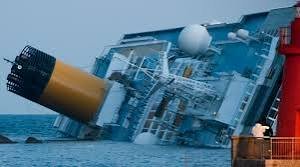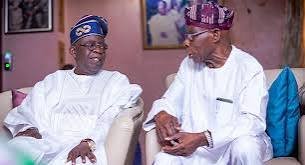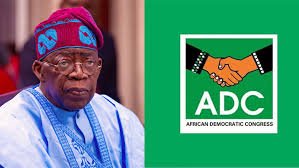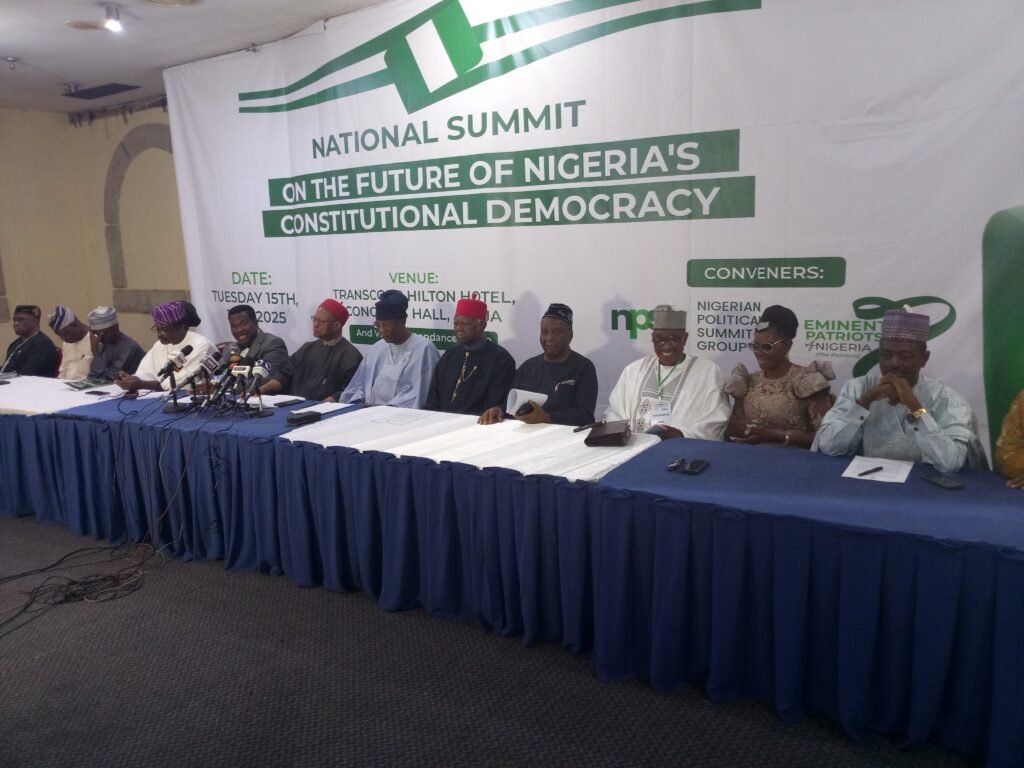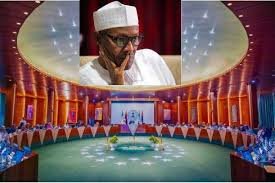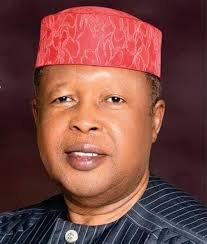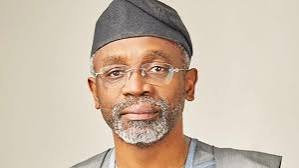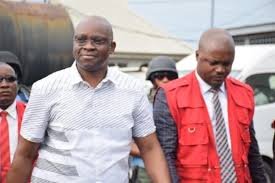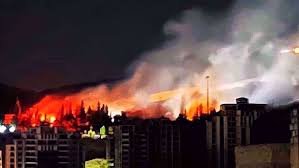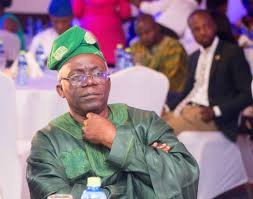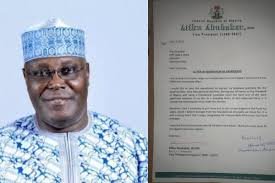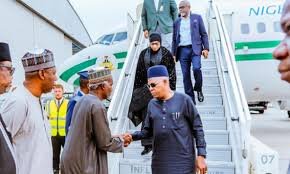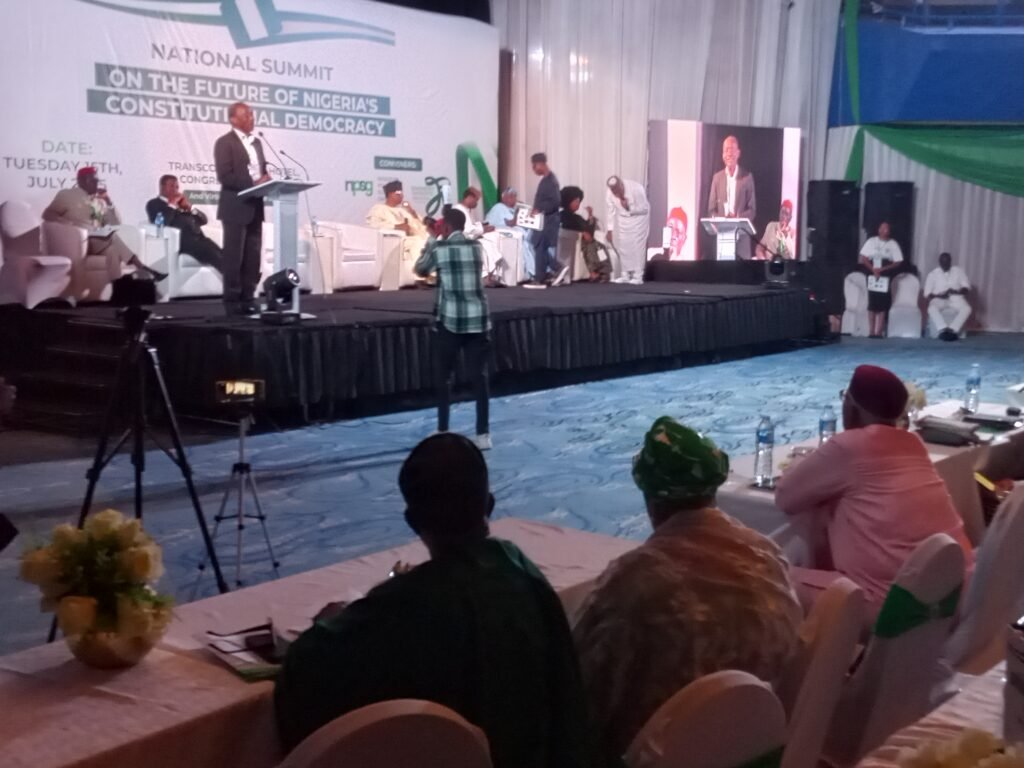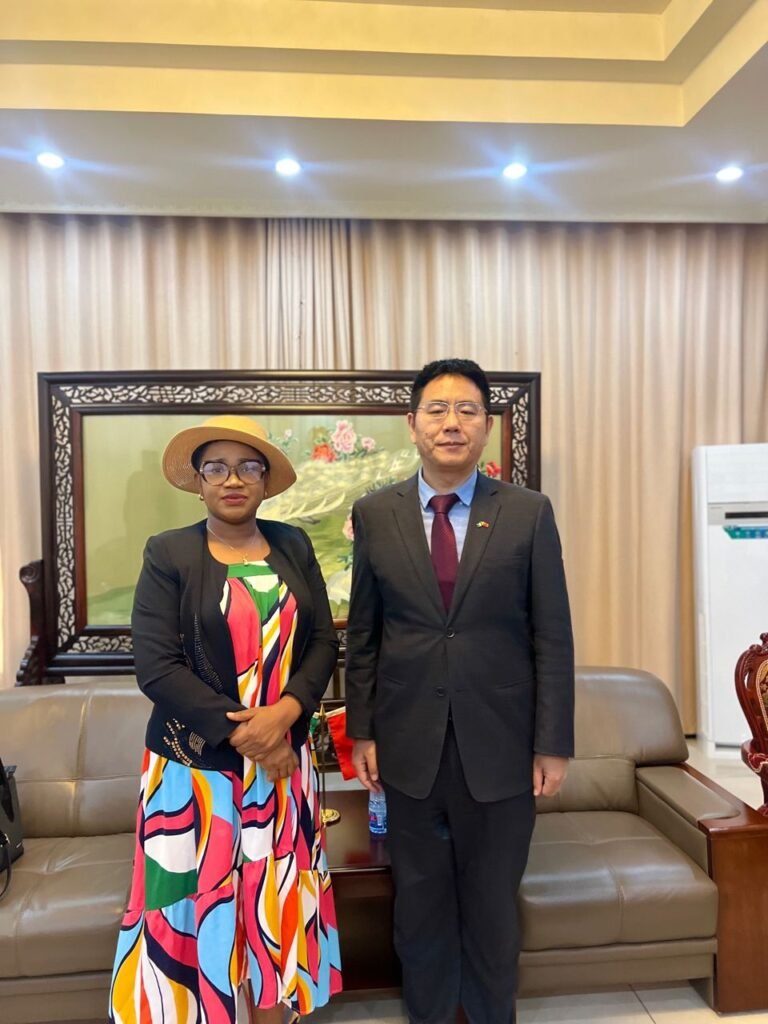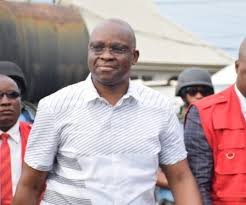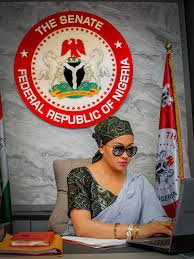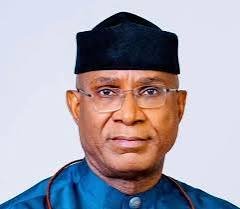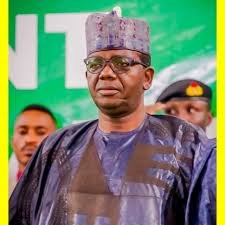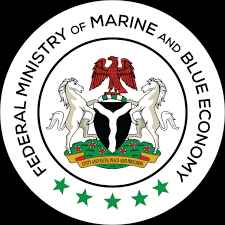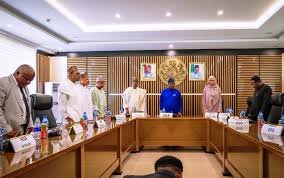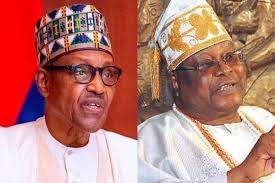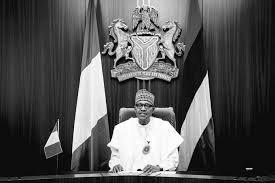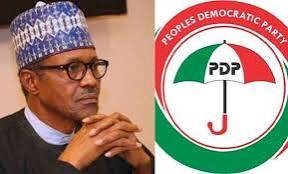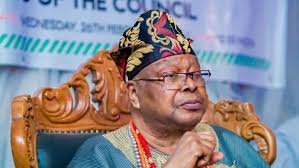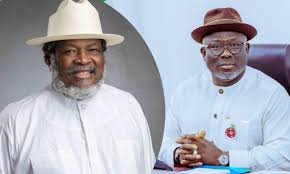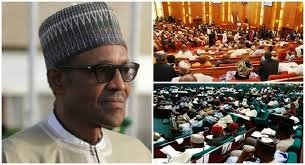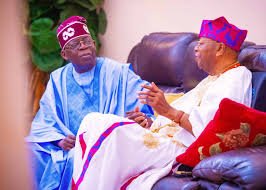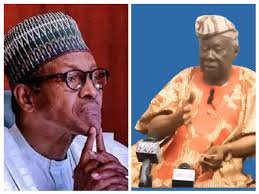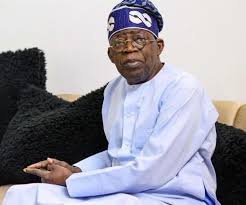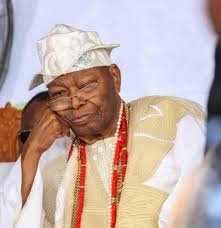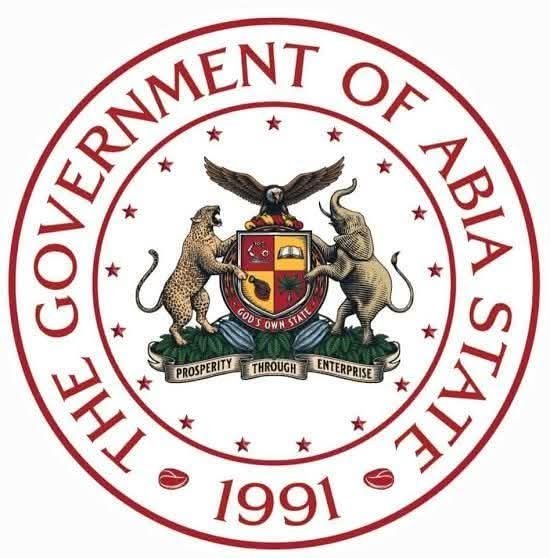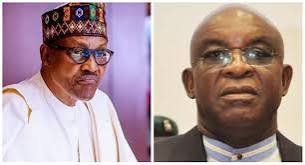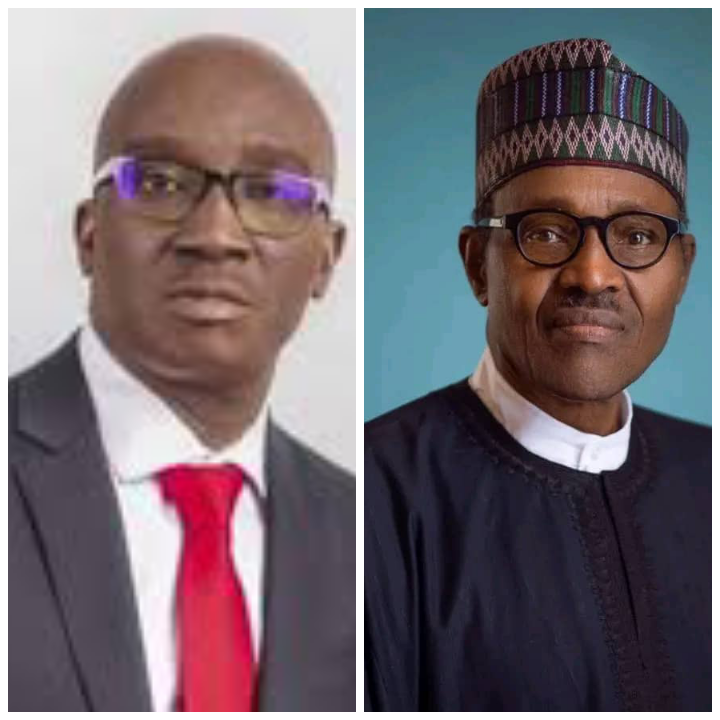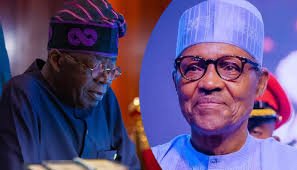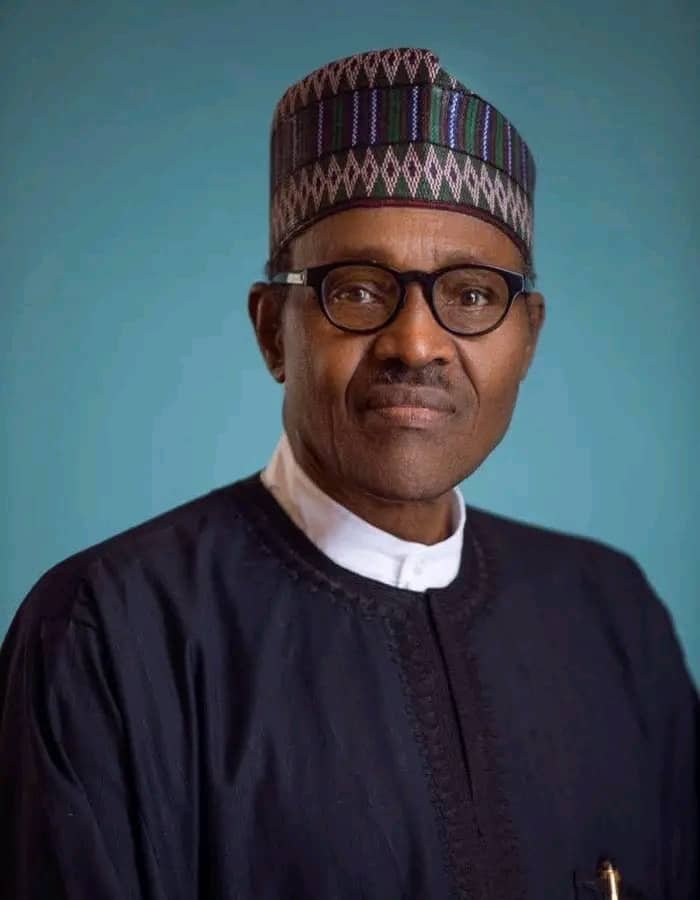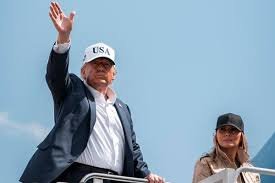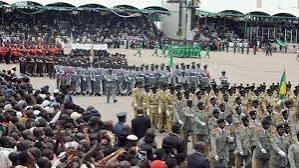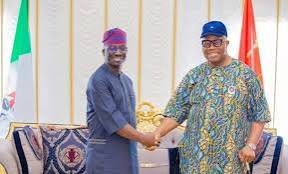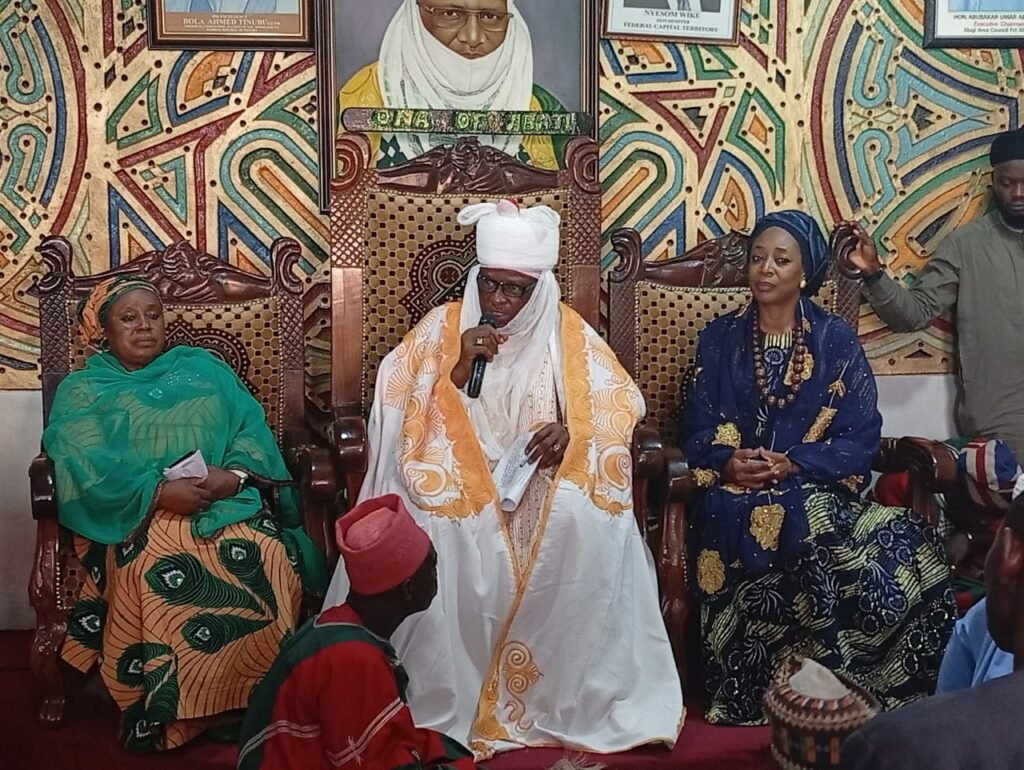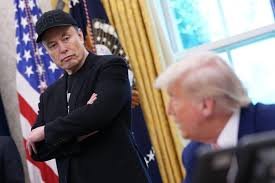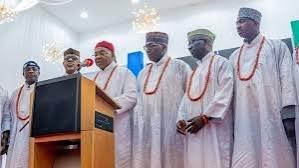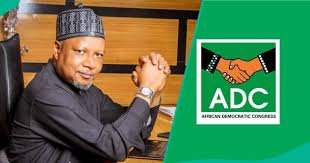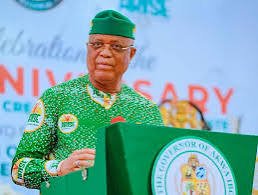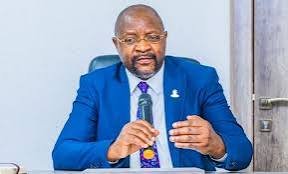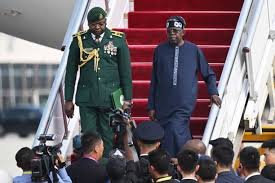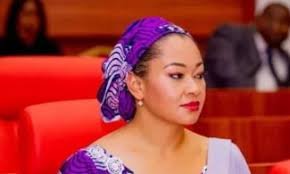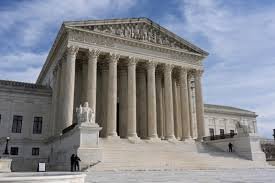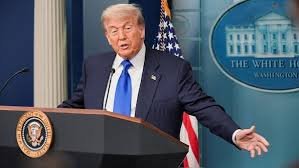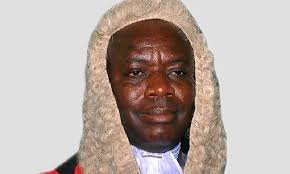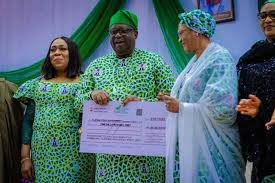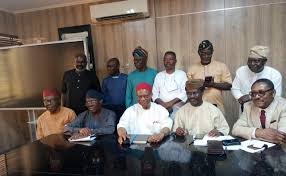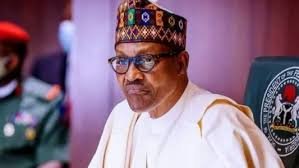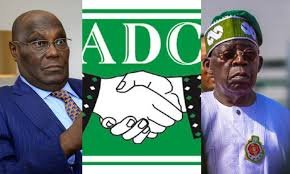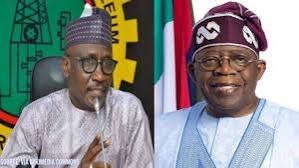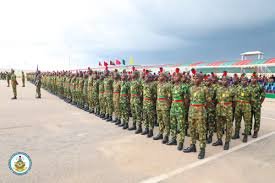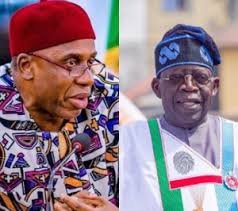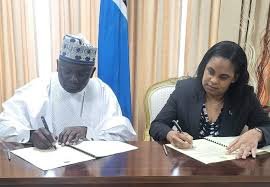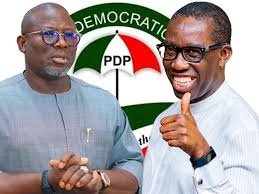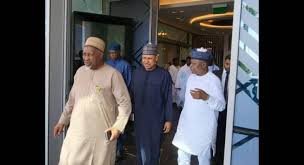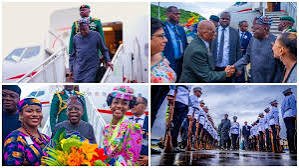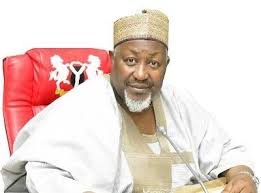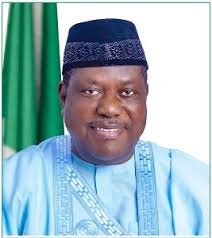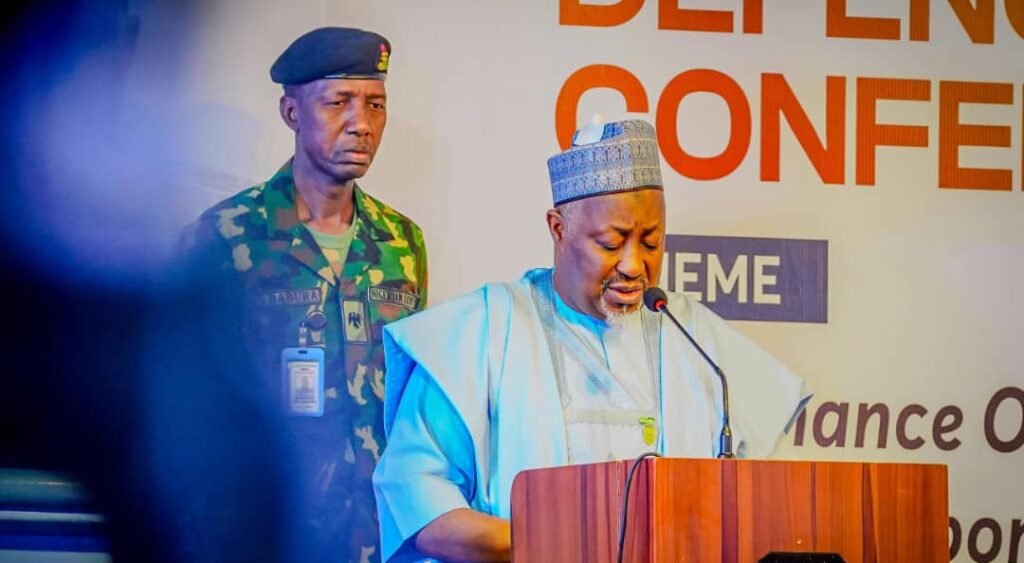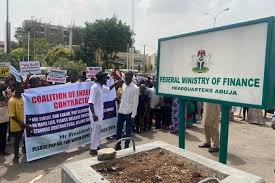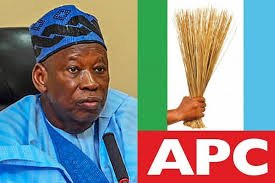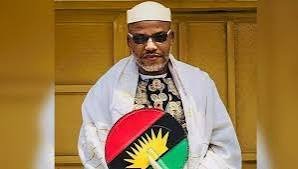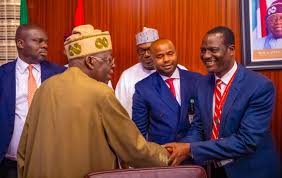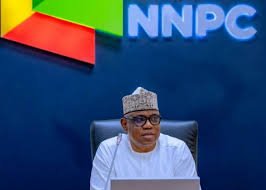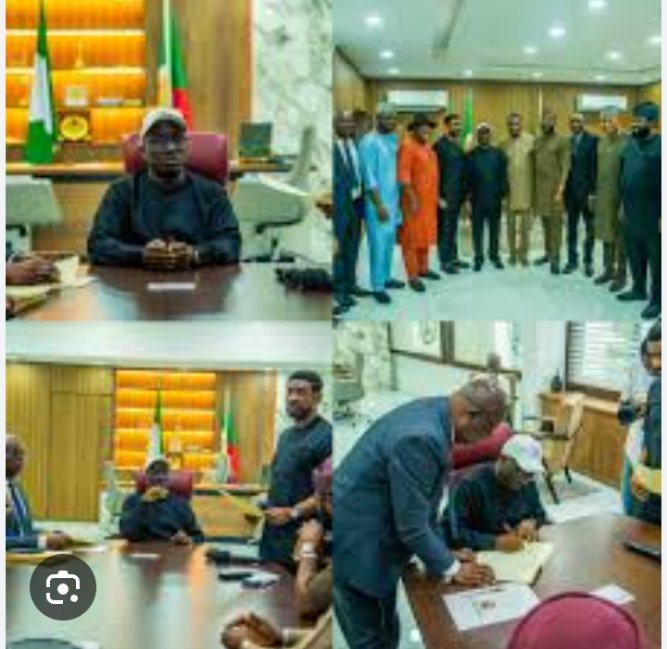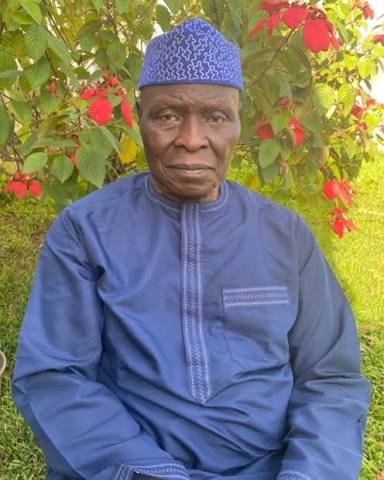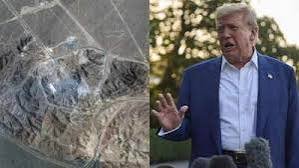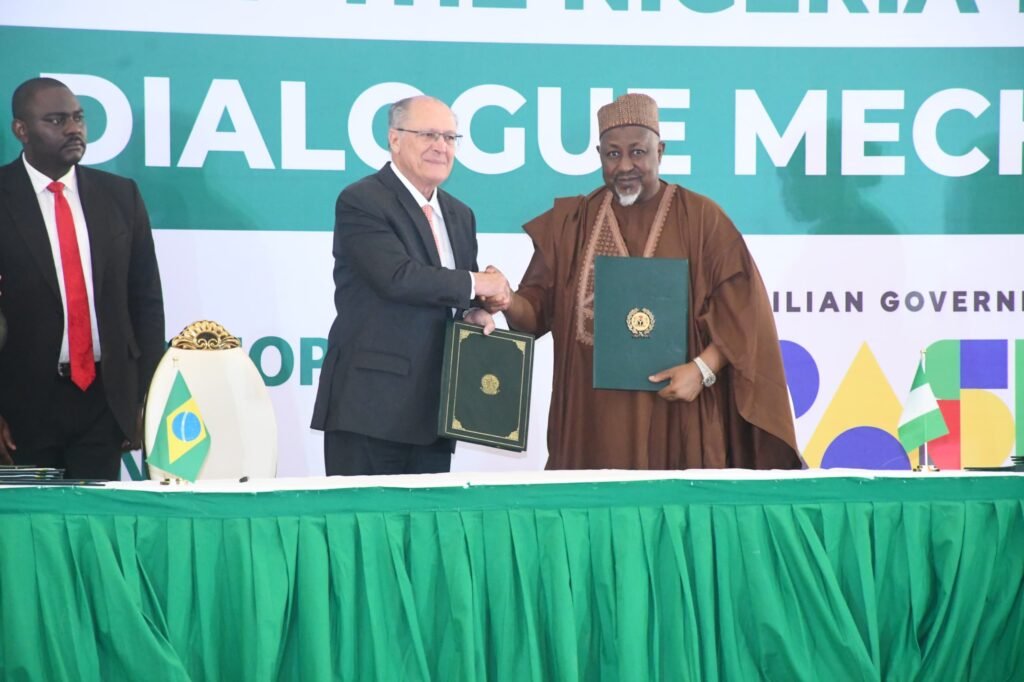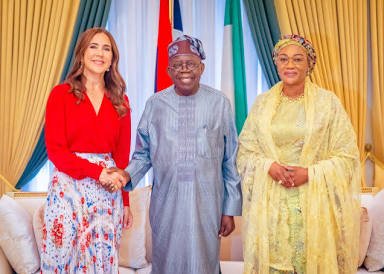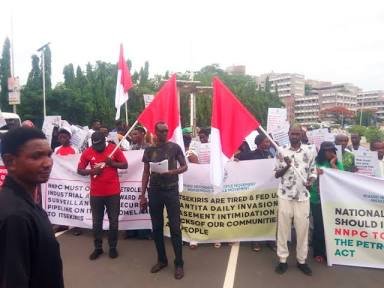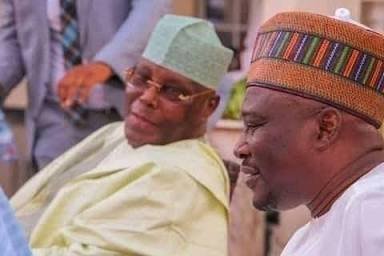GOODLUCK JONATHAN GEARS UP TO CHALLENGE TINUBU IN 2027 PRESIDENTIAL RACE AS PDP PUSHES FOR CANDIDACY
A close ally of former Nigerian President Dr. Goodluck Jonathan has confirmed that Jonathan will be a leading candidate to confront incumbent President Bola Tinubu in the 2027 presidential election. The ally, a member of the People’s Democratic Party (PDP), stated that plans to draft Jonathan onto the PDP platform are advanced and that he has accepted. Jonathan reportedly aims to address Nigeria’s rising poverty, hardship, and widespread suffering. The source revealed that key Nigerian leaders and elders, believing Jonathan stabilized the country and its economy during his six-year administration, are driving the project to bring him back. PDP leaders and elders initiated the move, pleading with Jonathan to run against Tinubu to rescue the country and restore its economy. Some proponents see Jonathan running for a single four-year term as the clearest path for power to return to the north in 2031 for a potential eight-year tenure. Jonathan, having served one full term after completing late President Umaru Yar’Adua’s term, is constitutionally limited to one more term if elected in 2027. Jonathan has begun behind-the-scenes consultations. His ally confirmed he met last weekend with former military president General Ibrahim Babangida (retd.) at his Minna Hilltop Mansion in Niger State, briefing him on his desire to run. While Babangida’s response wasn’t disclosed, the source expressed optimism about selling the idea to the north. Jonathan is also currently consulting stakeholders in the South-South, including meetings in Port Harcourt, Rivers State. The PDP is actively courting Jonathan to contest under its banner. Deputy National Publicity Secretary Mallam Ibrahim Abdullahi confirmed the party’s efforts, stating they respond to growing calls from Nigerians who now believe Jonathan’s past administration was under-appreciated. “Many Nigerians have come to realise the mistake they made in not re-electing Dr. Jonathan. They now acknowledge his achievements and are even apologising, pleading with him to return and rescue the country,” Abdullahi said. He added that since Jonathan remains a PDP member, the party felt compelled to approach him. Sources revealed high-ranking PDP stakeholders recently travelled to The Gambia to persuade him. Abdullahi disclosed Jonathan has shown interest and is laying down conditions, including clarity on whether he would participate in primaries or receive the ticket outright, and whether the party genuinely recognises his capacity to lead. “He has started listening to the emissaries and is consulting with his inner circle,” Abdullahi stated. PDP National Financial Secretary Daniel Woyengikuro described Jonathan as the party’s national leader and central to its strategy for zoning the presidency to the south. “Is he not the best candidate for us at this moment? He is not just a former president; he is the leader of the party now. Aside from Obasanjo, the next person in line is him. Goodluck Jonathan is the national leader of this party,” Woyengikuro said. He endorsed giving Jonathan an automatic ticket: “For me, that’s what I firmly stand for. You can quote me anywhere: I want him to come. An automatic ticket for him, as it stands now. Because we must salvage both this party and the nation. If Goodluck finally accepts, you will see that the entire dynamics will change.” Jonathan’s eligibility under the amended constitution is debated. Sections 137(3) and 182(3), effective June 8, 2018, state: “A person who was sworn in to complete the term for which another person was elected as President (or Governor) shall not be elected to such office for more than a single term.” Lawyers are divided on whether this applies retroactively to Jonathan, sworn in twice before the amendment (completing Yar’Adua’s term and serving his own elected term). Senior Advocate of Nigeria Dayo Akinlaja argued Jonathan is not barred: “The provision of Section 137(3) cannot be applied to President Jonathan, who was sworn in and did a term under the old constitutional dispensation.” Lawyer Elekwachi Nnabuihe agreed, stating laws aren’t retroactive. This position was upheld in a May 27, 2022, Federal High Court judgment in Yenagoa (Justice Isa Hamma Dashen), ruling Section 137(3) couldn’t bar Jonathan from the 2023 race as it couldn’t apply retroactively. However, human rights lawyer Johnmary Jideobi contended that if Jonathan won in 2027, he would exceed the constitution’s maximum eight-year tenure intent, citing the Supreme Court’s jurisprudence in MARWA v. Nyako. Former PDP Deputy National Chairman Chief Olabode George dismissed eligibility concerns: “It cannot because he was sworn in when Umar Yar’Adua died to continue his tenure… He did not contest any election; he was sworn in to complete Yar’Adua’s tenure.” George added Jonathan is “eminently qualified” and has a strong track record to sell to Nigerians.




































































































